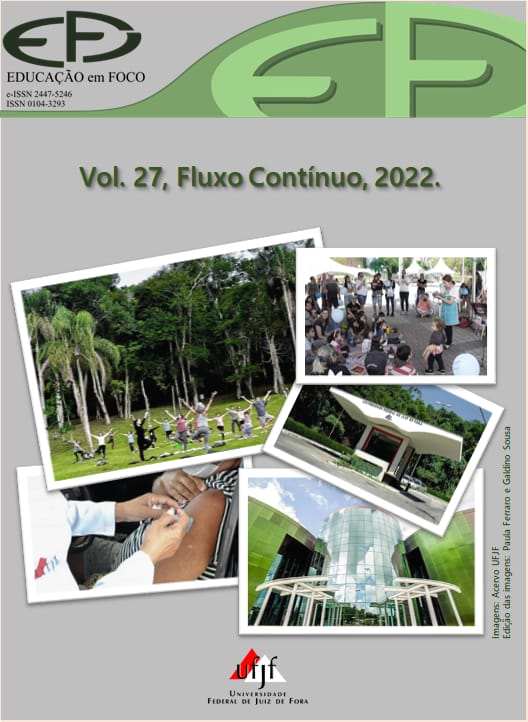CONTINUING TRAINING IN BRAZIL, CHILE AND CUBA
POLICIES AND CONCEPTIONS
DOI:
https://doi.org/10.34019/2447-5246.2022.v27.36043Abstract
This research stems from reflections on the conceptions of public policies for continuing teacher education in Latin America. There is a vast literature that identifies different training models already established and practiced in Brazil for decades. These studies point out those policies on teacher education suffered direct influence by international organizations and different theoretical and methodological concepts throughout history. In this sense, we seek to understand the concepts and principles that constitute the continuing education policies for Basic Education teachers in Brazil, Chile, and Cuba. As a methodological path, an integrative literature review was conducted to understand the theories, thoughts and research that define public policies for teacher education based on the perspective of continuing education in Freitas (1999) and Curado Silva (2008; 2011; 2018). For analysis, we used UNESCO report bulletins entitled “UNESCO and Education in Latin America and the Caribbean 1987-1997” (1998) and “Antecedentes y Criterios para la Elaboración de Políticas Docentes em América Latina y el Caribe” (2013). From this reading were listed texts that discuss training policies in the compared countries. The analysis of the writings allows us to point out that there are gaps in the documents that deal with the Cuban reality. In addition, it allows us to perceive the influence of international organizations in the fabric paths to teacher training policies in Latin American countries, especially with regard to how much education to the labor market and guided practice in the classroom.
Downloads
Downloads
Published
How to Cite
Issue
Section
License
Ao submeter um artigo à revista Educação em Foco e tê-lo aprovado, os autores concordam em ceder, sem remuneração, os seguintes direitos à Educação em Foco: os direitos de primeira publicação e a permissão para que Educação em Foco redistribua esse artigo e seus metadados aos serviços de indexação e referência que seus editores julguem apropriados.

















